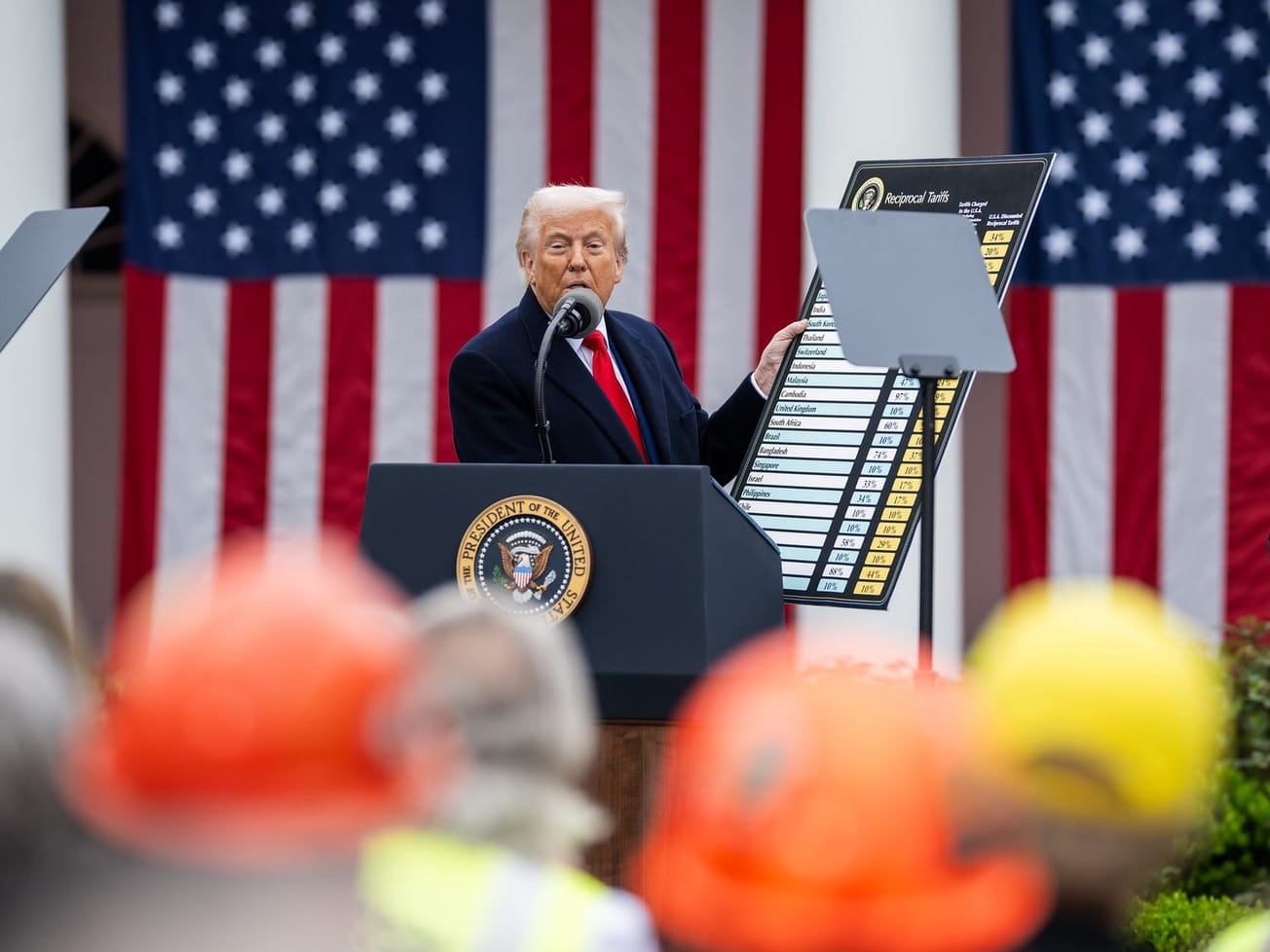WASHINGTON (AN) — The world's foremost international organization for financing environmental change sent up smoke signals warning that far faster action is needed on many fronts.
The Global Environment Facility, or GEF, said the current incremental rate of change trying to improve how the Earth's resources are managed will not be enough to further reduce poverty and save the planet from catastrophic effects of climate change, vanishing species and other environmental crises.









